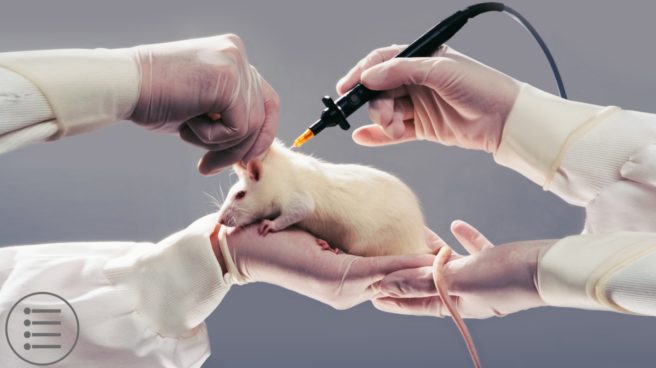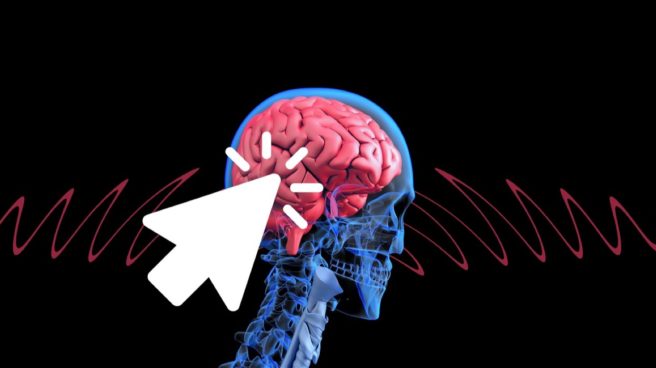The virality of the ice bucket challenge gave rise to a false dichotomy: you’re either in support of curing a debilitating disease, or you put the lives of animals above humans. In reality, if your primary concern is finding a cure for ALS, then you too should be against animal testing.
The ice bucket challenge has become a viral phenomenon as of late. The web is dripping with doused celebrities, and Facebook has basically become a virtual luge. Recently, Pamela Anderson refused to take part in the challenge, stating that ALS research is carried out on animals in cruel, ineffective experiments.
Her comments and resulting debate have created a false dichotomy concerning the ice bucket challenge and what it represents: that you are either in support of finding a cure for a tragic, debilitating disease, or you put the lives of animals above those of humans and care more about lab rats than a person with ALS who can no longer walk. Now I call this a false dichotomy for a reason: in reality, if your primary concern is finding a cure for ALS, then you too should be equally against animal testing.
Animal testing is not only horrifically cruel, but also incredibly ineffective, dangerous for humans and there are viable and successful alternatives. ALS research on animals has yet to produce anything of value, while research using adult human stem cells recently produced helpful insights into how certain genetic mutations interfere with the ability of motor neurons to function normally, an effect never observed in mouse models of ALS. Animal testing is not the way to find a cure and hurts humans as well as animals. 92 percent of medications tested on animals fail in human clinical trials, often resulting in severe health consequences or death for the trial participants.
It’s not about weighing the lives of humans against animals. The best outcome for all of us, human and animal alike, is to support and pursue research not based on faulty animal models. So, can you support ALS research? Absolutely. There are several organizations you can donate to that don’t use animals in their research.
If you don’t know what ALS is, it’s a disease that affects nerve cells in the brain and spinal cord. People with ALS progressively lose control of their bodies and eventually die from the disease. It’s heartbreaking and we are currently powerless against it medically. The point is, suffering cannot be cured by inducing more suffering.
I wanted to make a quick note on water. There has been criticism about the ice bucket challenge being a waste of water and a callous flaunting of our first-world privilege. I would like to point out that all of the water used in all of the buckets for all of the challenges cannot come close to the water usage of the animal products industry. If our concern is with wasting resources, we really need to look to our diets first. The animal products industry is the number one contributor to climate change. One pound of beef takes 2,500 gallons of water to produce. and if you went one year without eating meat or diary, you’d save the same amount of water as if you didn’t shower for 79 years. For more on the exact cost of animal products calculated to the gallon of water, pound of paper, and kg of carbon dioxide, see this post.
That said, my water for the challenge was collected rainwater with little rainwater ice cubes. (I don’t recommend using them to chill your drink!)
So now I challenge all of you! Do your research on social trends, find the cause you are passionate about and educate yourself and others. Look into the organizations below to support compassionate ALS research and consider skipping the hamburger today and save some water.
I’d love to hear your input on this. What do you think of the ice bucket challenge? And what cause are you passionate about? Let me know in the comments below.
— Emily Moran Barwick






